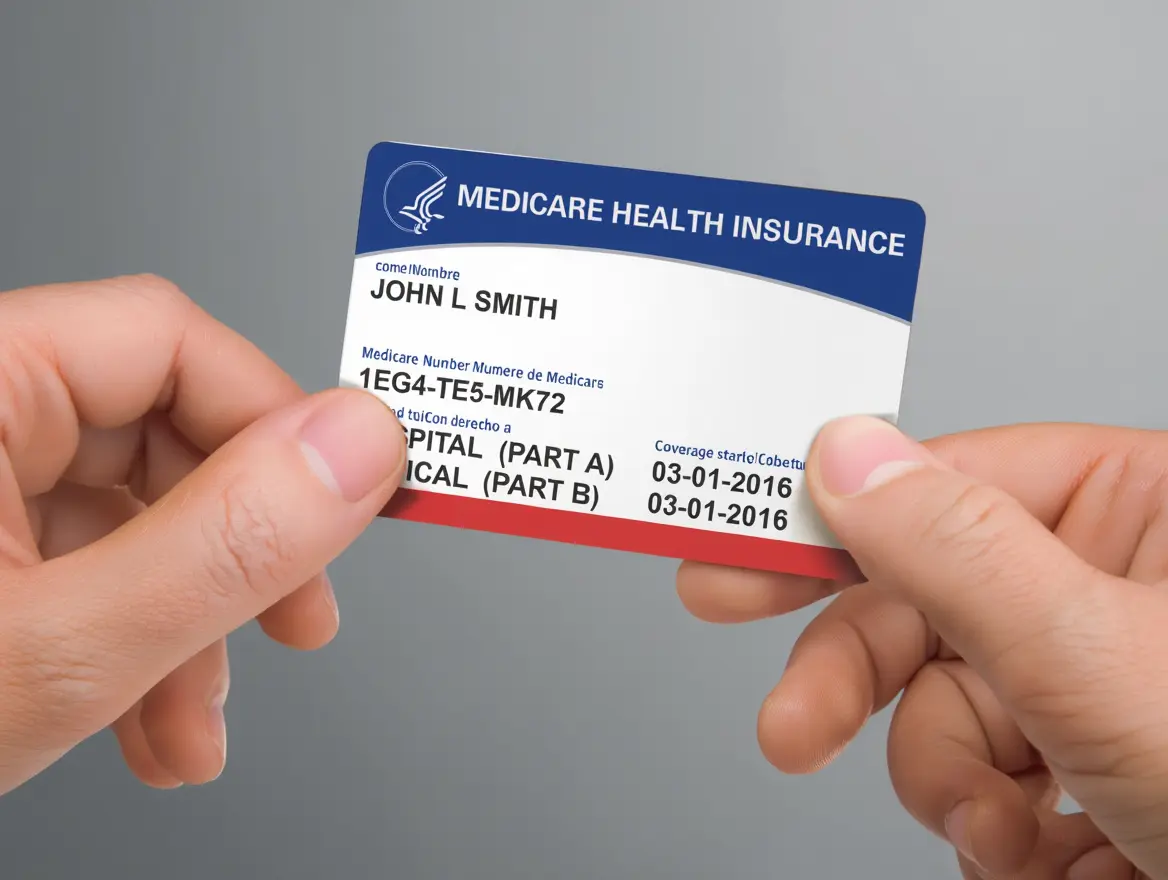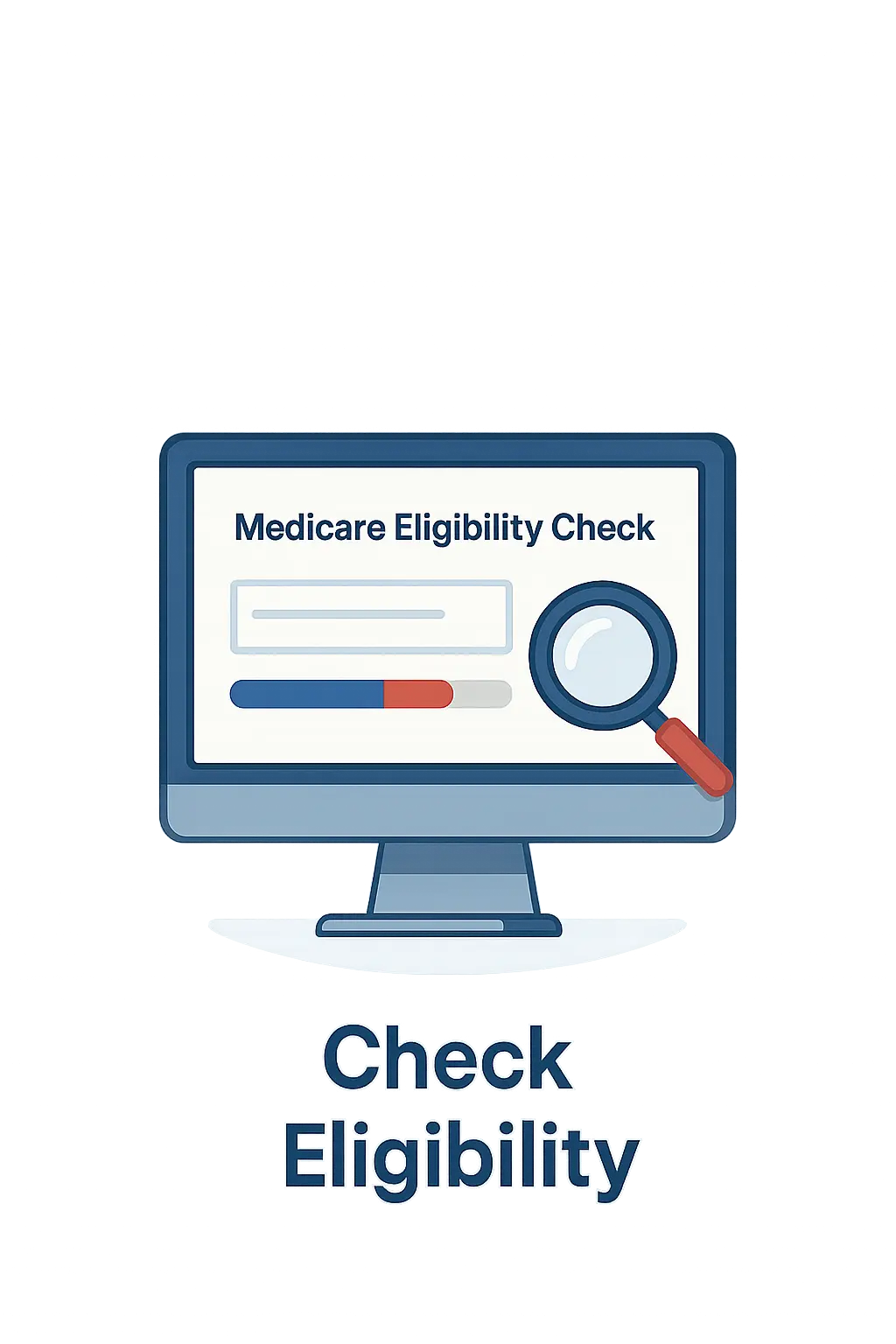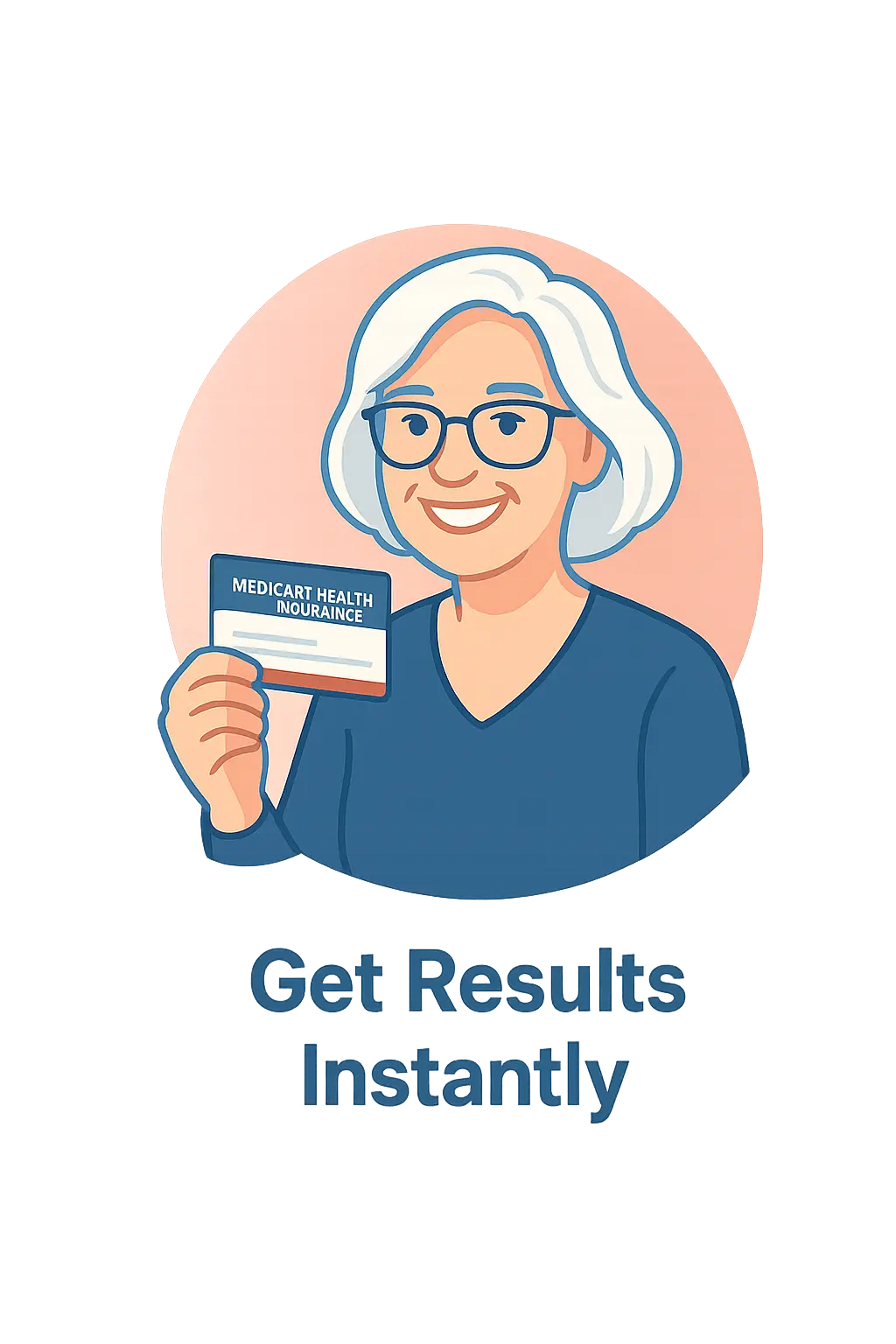Medicare Card
A Medicare card is an official identification issued by the government as evidence of your enrollment into the program. The identification bears a unique MBI – your individualized "Medicare id card number". This figure gives you unlimited entry to covered prescription medications, medical facilities in addition to other basic services under Medicare.
Find out if you are eligible in less than 5 minutes.
Check Your Eligibility Now
To get started, enter your age or date of birth:



